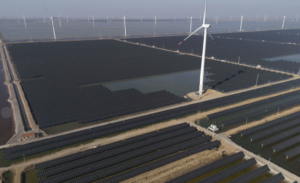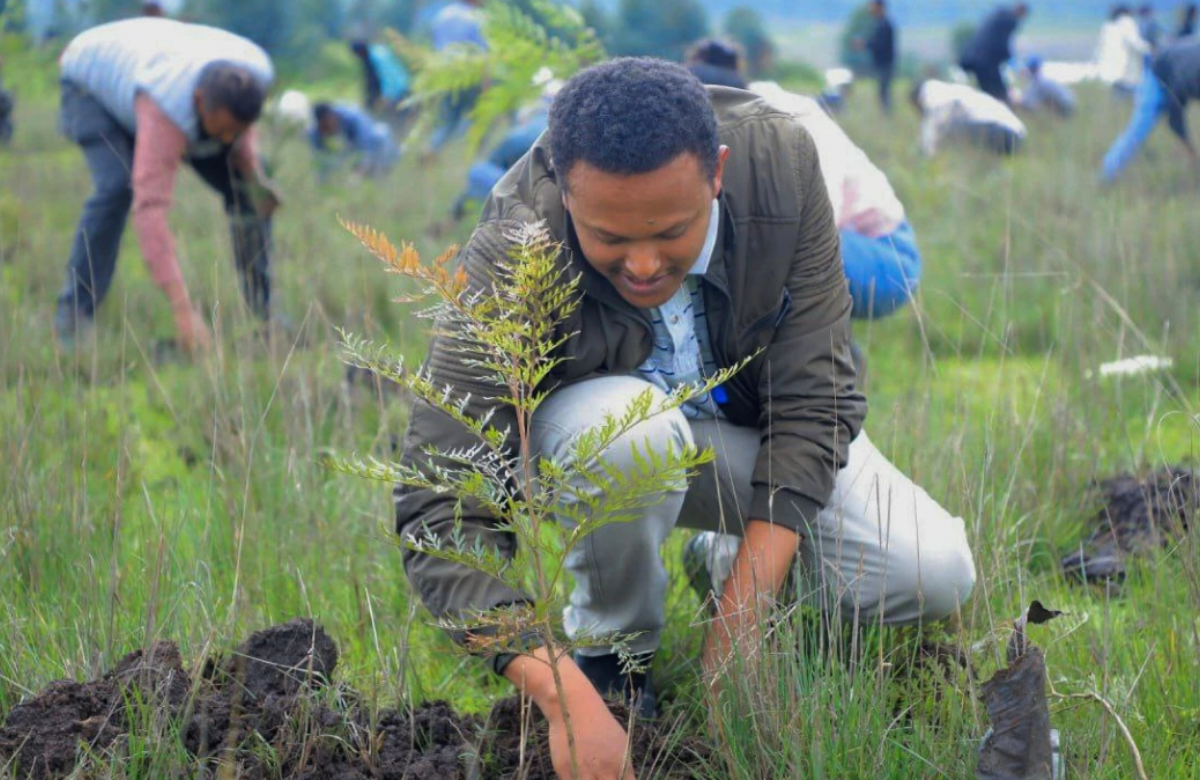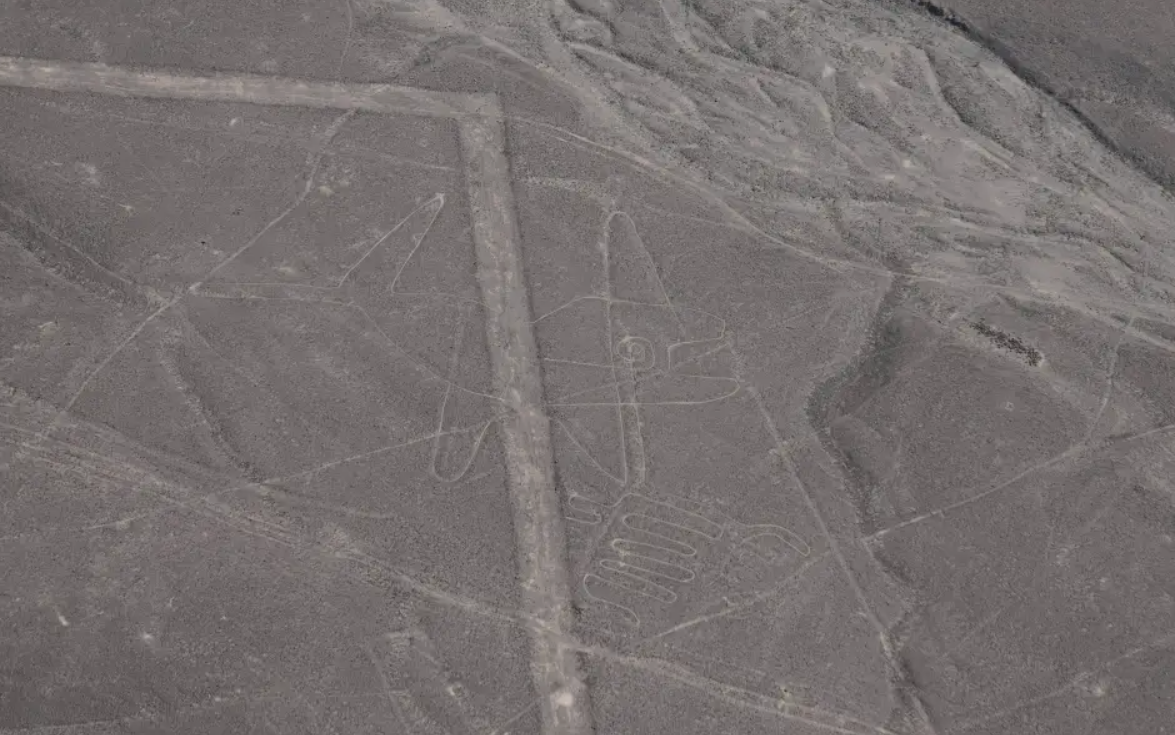Mati Carbon, a company that spreads crushed rock on farms to help remove carbon dioxide from the atmosphere, has won a $50 million grand prize in a global competition funded by Elon Musk’s foundation. The company was one of over 1,300 teams from 88 countries competing in the XPRIZE Carbon Removal competition, which was launched in 2021 to accelerate the deployment of carbon-removal technologies. Many experts believe carbon removal is a vital step in addressing global warming, which is driven by carbon dioxide emissions from burning fossil fuels such as gasoline, coal, and oil.
Michael Leitch, the technical lead for the competition, emphasized that carbon removal should not replace efforts to reduce emissions, but both approaches are crucial to tackling climate change. The $50 million prize was awarded as part of a $100 million prize pool aimed at finding scalable solutions to reduce carbon levels in the atmosphere.
At the same time, there have been concerns about funding cuts to climate research and environmental regulations, including actions taken by the Trump administration to roll back carbon emission regulations and Musk’s push for reduced funding at federal climate agencies.
Mati Carbon’s innovative method, known as enhanced rock weathering, involves spreading powdered basalt rock on agricultural fields. This process accelerates natural rock weathering, which converts carbon dioxide into bicarbonate, ultimately washing it into the ocean, where it can be stored for thousands of years. The technique not only helps remove carbon but also rejuvenates soil, improving crop yields and benefiting small farmers, particularly in countries like India that are often affected by extreme weather events.
Mati Carbon’s CEO, Shantanu Agarwal, believes this low-cost approach can address large-scale planetary problems while also supporting small-scale farmers facing the effects of climate change. The company’s method has shown promise in both carbon removal and soil health improvement.
Other teams also won smaller prizes for successfully removing significant amounts of carbon dioxide, including the runner-up, NetZero, which won $15 million for developing a method to turn crop residues into biochar, a charcoal-like material that helps store carbon in soil while enhancing water retention and nutrient levels.
Other competition entries involved techniques such as storing organic waste underground, enhancing oceanic carbon storage, and direct air and ocean capture of carbon. Experts believe the best long-term solutions to climate change may involve combining several of these technologies.
Rick Spinrad, former NOAA administrator, described the finalists’ approaches as “scientifically extraordinary” and stressed that a mix of methods might ultimately prove most effective.















